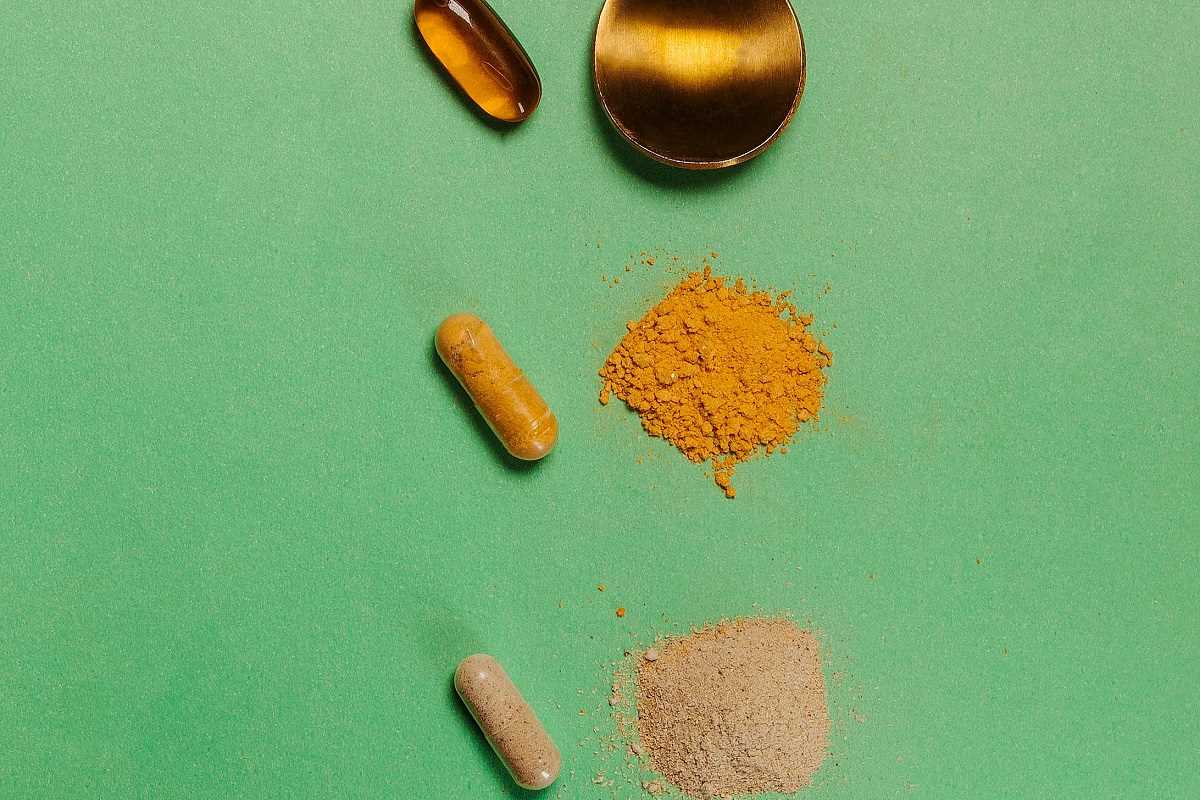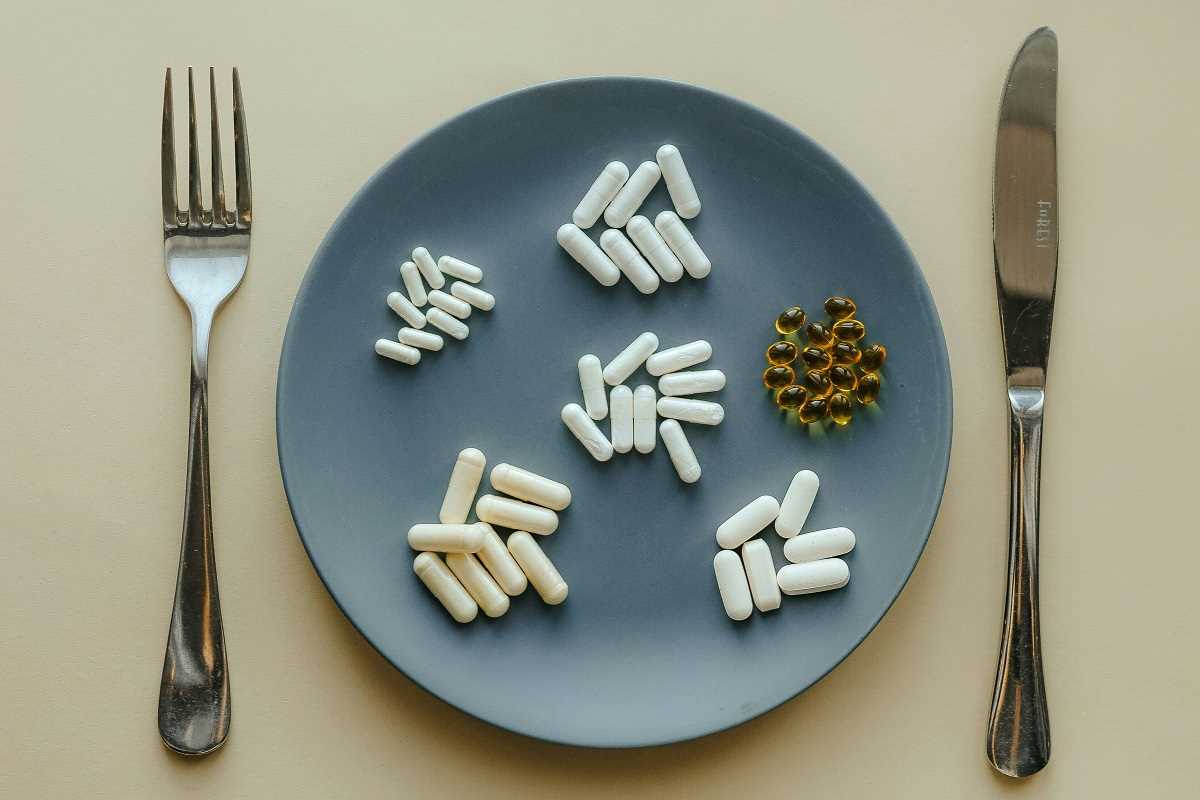You might’ve heard the saying, “Trust your gut.” But did you know that your gut may actually hold the key to good health and even happiness? Your gut, often referred to as your “second brain,” is home to trillions of bacteria that play a crucial role in your overall well-being. From aiding digestion to supporting your immune system and even influencing your mood, a healthy gut can have far-reaching benefits. It’s time to uncover the incredible power of good bacteria and how probiotics can work wonders for your health.
What Are Probiotics and Why Do They Matter?
Before we get into how probiotics can transform your life, let's take a moment to break down what they actually are. Probiotics are live microorganisms, often referred to as “good bacteria.” When consumed in the right amounts, they provide amazing health benefits. Think of them as the friendly neighbors in your gut that help keep things running smoothly while keeping the “bad guys” (harmful bacteria) in check.
Probiotics are commonly found in fermented foods like yogurt, kefir, sauerkraut, and kimchi, and also in supplement form. You might think of bacteria as something to avoid, considering all the hand sanitizers and cleaning sprays we keep around. But not all bacteria are harmful. Quite the opposite! Good bacteria are essential for digestion, immune function, and even your mood.
The Gut Microbiome: The Hidden World Inside You
Inside your body, particularly your digestive system, there’s a bustling community made up of trillions of microorganisms. Scientists call this ecosystem the gut microbiome. This collection of bacteria, yeast, and other microbes plays a huge role in your health.
Your gut microbiome works tirelessly behind the scenes. It helps digest food, produces vitamins, and supports your immune system. It even communicates with your brain. The gut and brain are tightly linked through what experts call the gut-brain axis, a two-way street where signals sent back and forth can affect your mood, stress levels, and overall mental health.
When the balance of good and bad bacteria in this microbiome is disrupted, it can lead to a host of problems, from digestive discomfort to chronic diseases. That’s why nurturing your gut bacteria with probiotics is so important!
The Benefits of Probiotics for Your Daily Life
Probiotics aren’t a magic wand, but they come pretty close. By adding these beneficial bacteria to your life, you can experience a variety of benefits that go far beyond your gut.
1. Improve Digestion
One of the most obvious benefits of probiotics is better digestion. If you’ve ever felt bloated, constipated, or experienced uncomfortable gas, probiotics might help get your gut back on track. They assist in breaking down food efficiently and ensure nutrients are absorbed more effectively.
For people who are lactose intolerant, probiotics may even help digest lactose, the sugar found in milk, making dairy products easier to handle. Win-win!
2. Boost Your Immune System
Did you know that 70% of your immune system lives in your gut? That’s right! A healthy gut microbiome helps your body fight off infections and illnesses. Probiotics can strengthen this natural defense system. Some studies show that people who regularly consume probiotics are less likely to catch colds or experience severe symptoms.
3. Support Mental Health
Feeling down? Your gut might have something to say about that. Through the gut-brain axis, probiotics can have a surprising impact on your mood and mental well-being. Certain strains of probiotics, often called psychobiotics, can help reduce anxiety, lower stress, and even alleviate symptoms of depression.
Next time you’re battling the blues, your yogurt may just be your secret weapon for a brighter day.
4. Promote Healthy Skin
If you’ve been trying every lotion and serum without success, why not start from the inside out? The health of your skin is closely connected to your gut. When the right probiotics are introduced and nurtured, they can help reduce flare-ups of issues like acne, eczema, and rosacea.
Clearer skin might just be a probiotic away.
5. Aid Weight Management
Probiotics may also help with achieving and maintaining a healthy weight. They don’t do all the work for you, but they can support your metabolism and help regulate appetite. Certain strains of probiotics have shown promise in reducing fat accumulation and helping with weight loss when paired with healthy eating habits and regular exercise.
6. Decrease Bloating & Improve Comfort
Ladies, we’ve all been there. That uncomfortably full, sluggish feeling after a meal can ruin your day. Probiotics encourage a more balanced digestive system, which can decrease bloating and ensure you feel light and comfortable after eating.
7. Protect Against Chronic Conditions
A healthy gut with a diverse microbiome might even reduce your risk of chronic conditions such as heart disease, diabetes, and inflammatory bowel disorders. Research in this area is just beginning, but the results are promising. Think of probiotics as an investment in long-term health.
Where to Find These Friendly Bacteria
You don’t have to go far to introduce probiotics into your routine. They’re available in a variety of foods and as convenient supplements.
Here are some of the best ways to enjoy probiotics:
- Yogurt: Look for yogurt that says “live and active cultures” on the label. Flavored yogurts are okay, but try to go for those with less added sugar.
- Kefir: This tangy drink is packed with probiotics and is perfect for a midday boost.
- Sauerkraut and Kimchi: These fermented veggies add a healthy crunch to your meal.
- Miso and Tempeh: Both are fermented soy products that provide a delicious, probiotic boost to dishes.
- Probiotic Supplements: If fermented foods aren’t your thing, probiotics are available in pill or powder form as well.
How to Choose the Right Probiotic
Not all probiotics are created equal. Different strains offer different benefits. For instance:
- Lactobacillus and Bifidobacterium are common strains that help with digestion and general gut health.
- Saccharomyces boulardii is great for fighting diarrhea and restoring balance after taking antibiotics.
- Lactobacillus rhamnosus has been shown to reduce anxiety and promote better mental health.
Look for a product with multiple strains of bacteria and a decent colony-forming unit (CFU) count, typically between 5 billion and 50 billion per serving for most daily needs.
Probiotic Myths You Shouldn’t Fall For
Now that we’ve gone over some benefits, it’s important to address a few misconceptions surrounding probiotics:
- Probiotics work instantly. While you might feel some relief quickly, it often takes a few weeks of consistent use to experience the full benefits.
- You can’t have too many probiotics. Balance is key. Overloading on supplements or high doses might upset your stomach.
- All fermented foods contain probiotics. Not all fermented foods qualify as probiotic-rich. For example, heat-treated sauerkraut might taste great but won’t include live bacteria anymore.
Integrating probiotics into your daily life doesn’t have to be complicated. Start small by adding a few probiotic-rich foods to your diet or taking a supplement once a day.
Combine probiotics with prebiotics (foods like garlic, onions, and bananas) to give the good bacteria a food source and help them thrive in your gut. Together, they’re a powerhouse team for gut health.
 (Image via
(Image via
.jpg)




